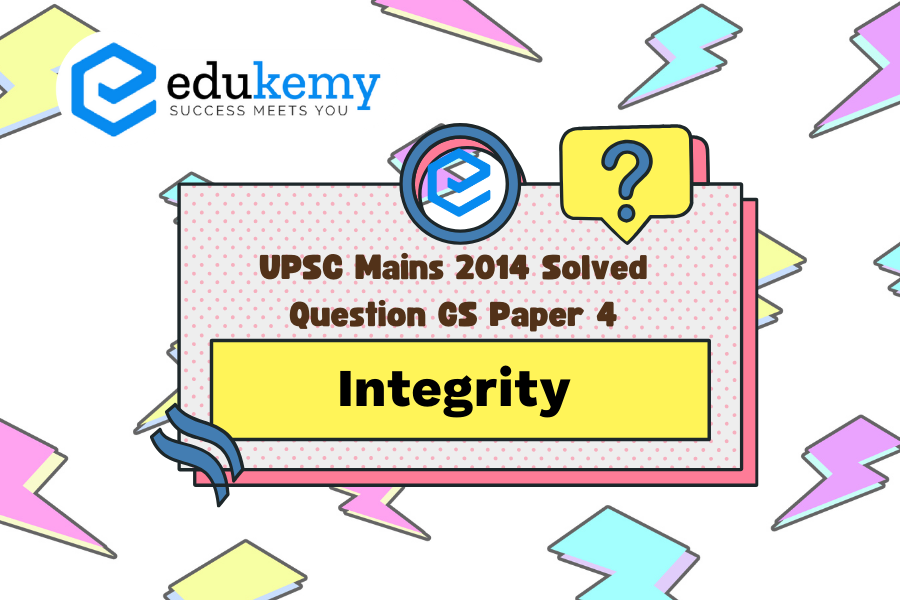The assertion, “Integrity without knowledge is weak and useless, but knowledge without integrity is dangerous and dreadful,” underscores the indispensable relationship between integrity and knowledge. Integrity, the quality of being honest and morally upright, empowers one’s actions with purpose and righteousness. However, without the foundation of knowledge, integrity lacks direction and efficacy, rendering it feeble and ineffectual. Conversely, knowledge devoid of integrity poses a perilous threat, as it can be manipulated for selfish gains or malevolent purposes, leading to detrimental consequences. In the modern context, this axiom resonates profoundly. For instance, in the realm of technology, individuals with integrity but lacking comprehensive knowledge may inadvertently contribute to cybersecurity breaches. Conversely, experts possessing extensive knowledge but lacking ethical integrity may exploit data for illicit purposes, endangering privacy and security. Thus, this statement emphasizes the symbiotic relationship between integrity and knowledge, highlighting the necessity of their harmonious coexistence for constructive and ethical progress.
Tag: Aptitude and foundational values for Civil Service, integrity, impartiality and non-partisanship, objectivity, dedication to public service, empathy, tolerance and compassion towards the weaker-sections.
Contents
Decoding the Question:
- In Introduction, try to define integrity.
- In Body, explain the statement and put forward a stand.
- In Conclusion, try to end your answer by giving suitable illustrations from modern day context.
Answer:
The above quote is stated by Samuel Johnson. It presents a very true relation between integrity and knowledge and how they are almost worthless without one another. As a person with integrity and without knowledge cannot produce and contribute to society even if he intends. Similarly, a person who has knowledge without integrity will end up producing undesirable results for himself and society.
Integrity indicates soundness of moral principles, the character of uncorrupted virtues, uprightness, honesty and sincerity. According to the Ministry of Personnel, “Consistently behaves in an open, fair and transparent manner, honours one’s commitments and works to uphold the Public service values.” Integrity in public affairs and administration is essential; and therefore there must be an insistence on it in every branch of public activity.
Knowledge is the fact or condition of knowing something with familiarity gained through experience or association. One of its aspects is power. A knowledgeable person scores over ignorant opponents. This is obvious in games like chess. In public administration, knowledge covers grasp of rules, regulations and policies applicable to important decisions. These should be used for public good.
Knowledge without Integrity is Dangerous and Dreadful:
Knowledgeable but unscrupulous people can twist these for personal gain or for helping cronies. Such officers can cleverly hide their tracks and even involve unsuspecting colleagues in their nefarious actions. For example Harshad Mehta initiated a scam valued at ₹100 billion (US$1.4 billion) which took place on the Bombay Stock Exchange (BSE) which is popularly known as 1992 Indian securities scam. In that case Harshad Mehta had enough knowledge but due to lack of integrity it was reflected as a scam.
Integrity without Knowledge is Weak and Useless:
In contrast, well- meaning but ill-informed officers are ineffective. They are unable to translate their good intentions into action.
For example, experienced engineers can tinker with specifications of machinery or works so as to exclude some bidders. Their equipment will become technically unacceptable. The field will be left open for favoured companies. One can tweak other tender criteria. Net worth of a company is a qualification for participating inteners. One can increase the net worth so as to exclude firms otherwise eligible.
So, a strong character and knowledge acquisition are imperative for a stronger nation building. Here, it is apt to say – “destiny of a nation is shaped in its classrooms” as both culture of knowledge and integrity is learnt since childhood..
In case you still have your doubts, contact us on 9811333901.
For UPSC Prelims Resources, Click here
For Daily Updates and Study Material:
Join our Telegram Channel – Edukemy for IAS
- 1. Learn through Videos – here
- 2. Be Exam Ready by Practicing Daily MCQs – here
- 3. Daily Newsletter – Get all your Current Affairs Covered – here
- 4. Mains Answer Writing Practice – here


